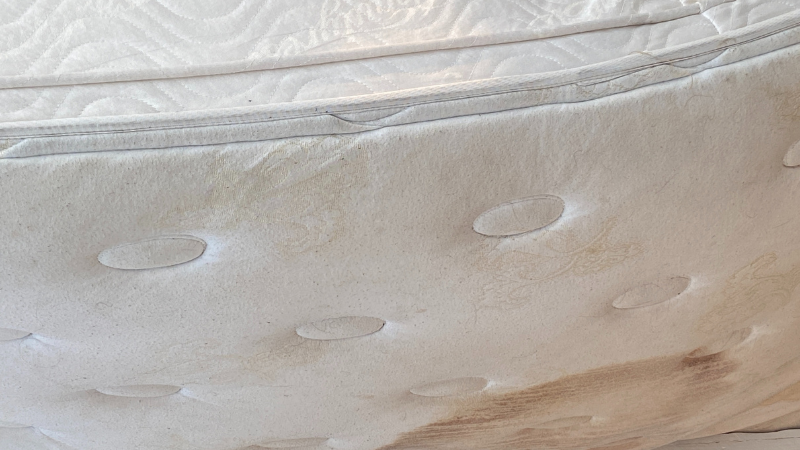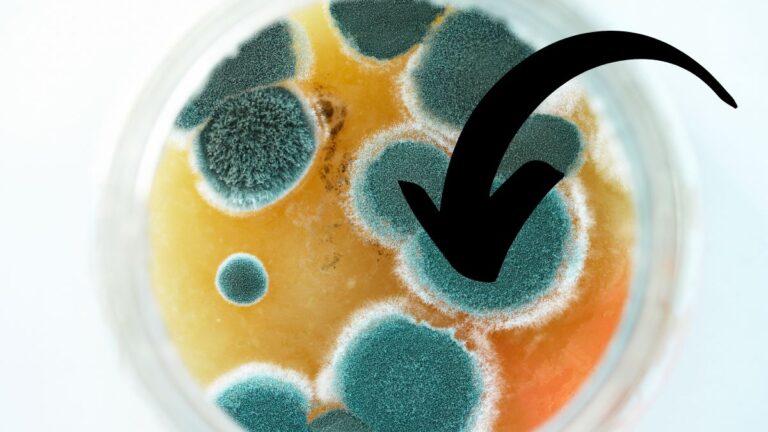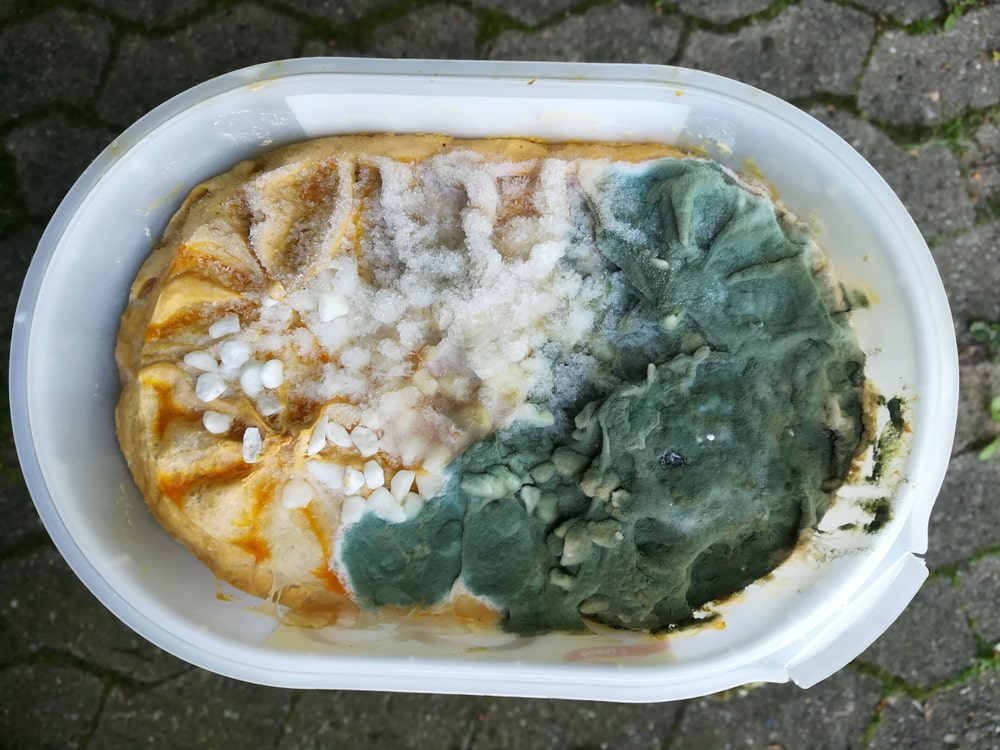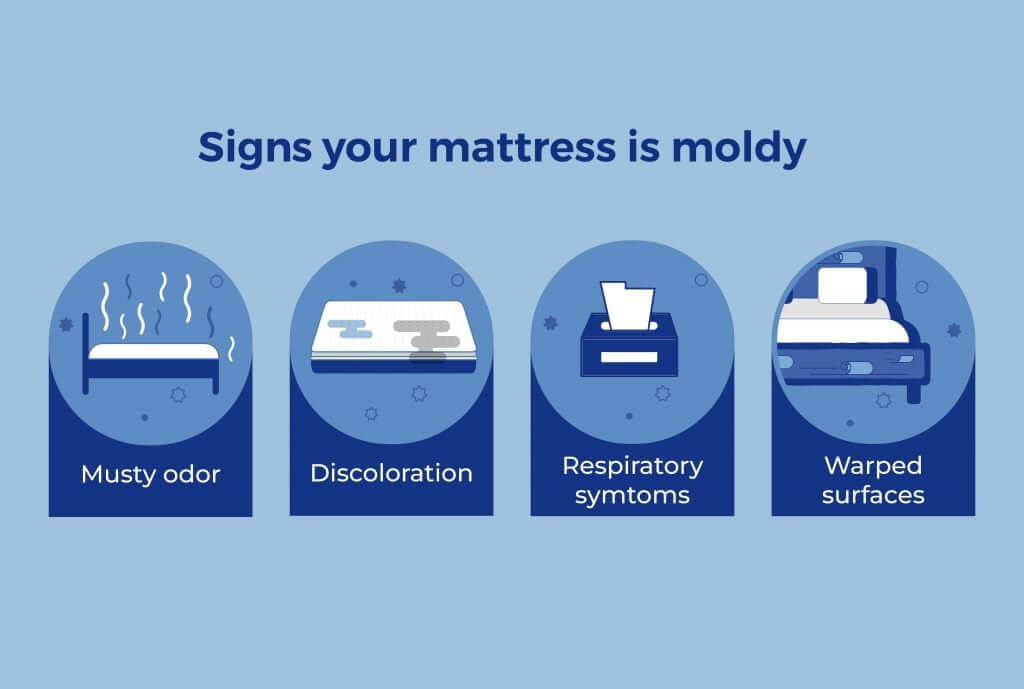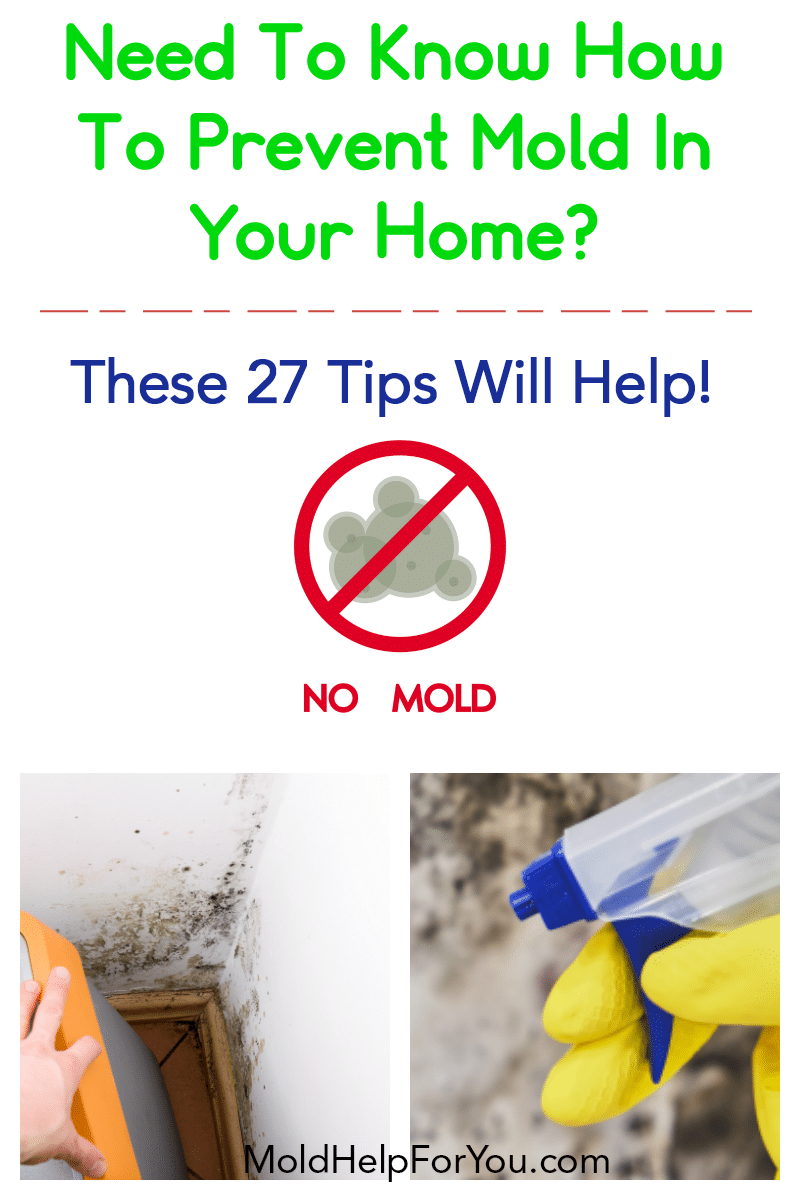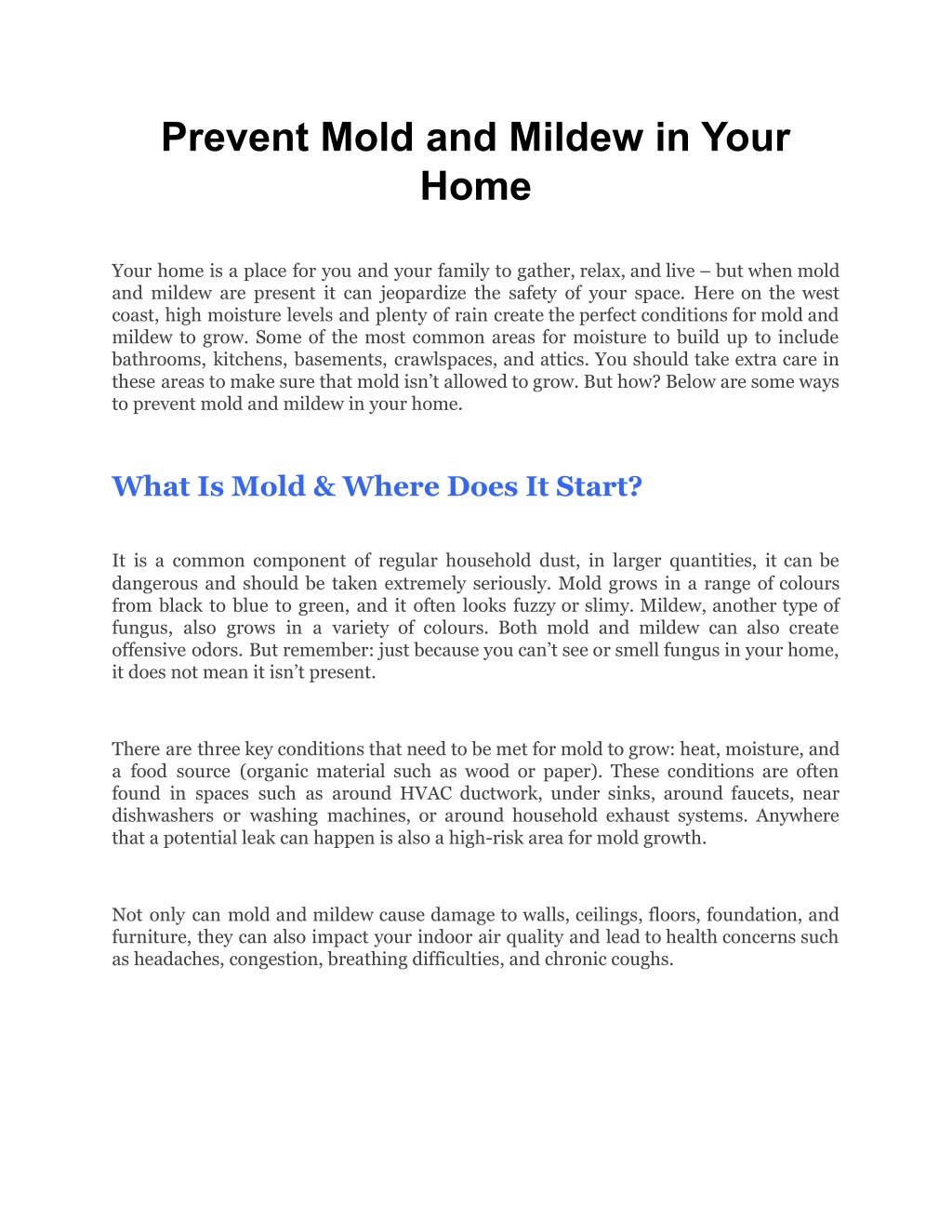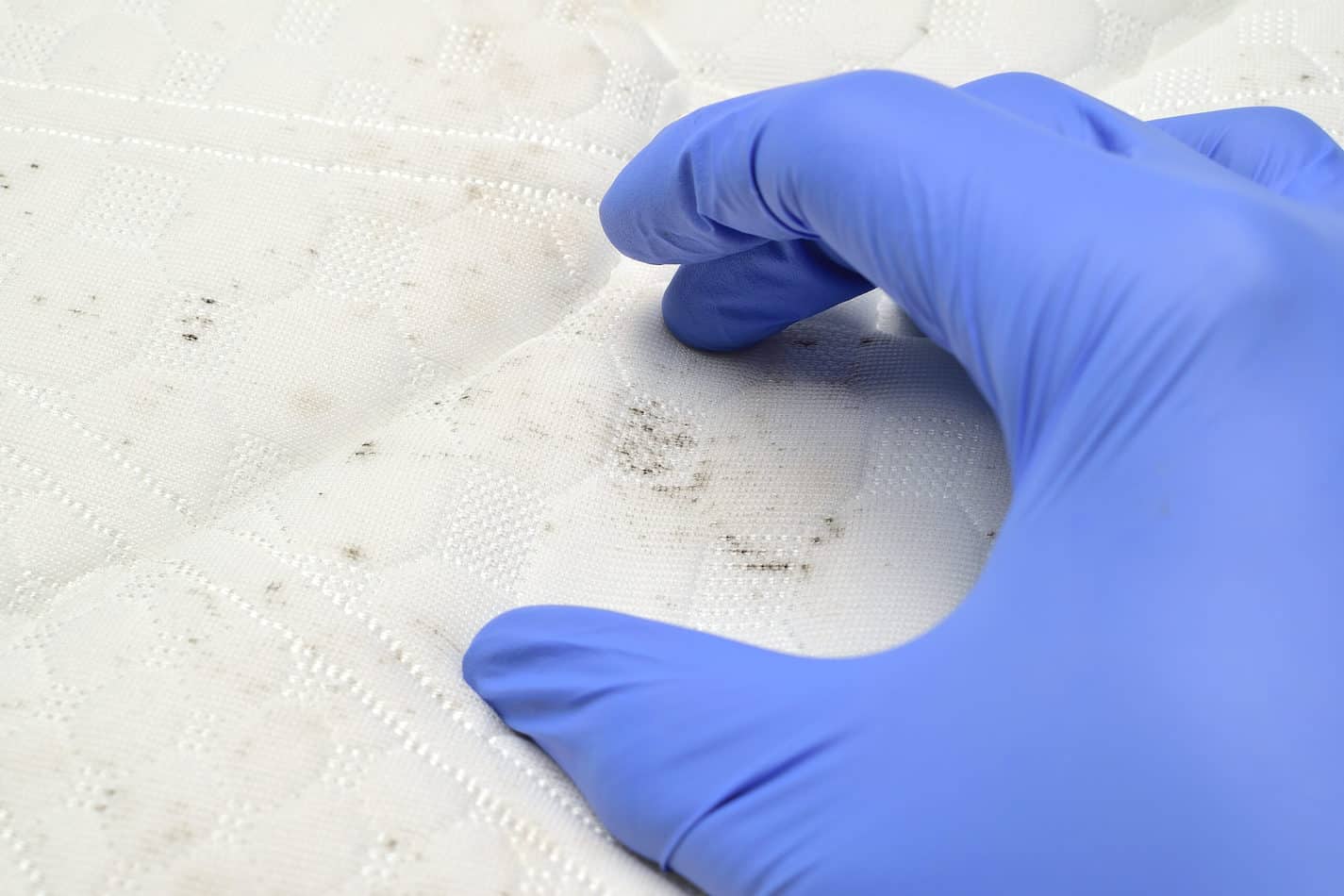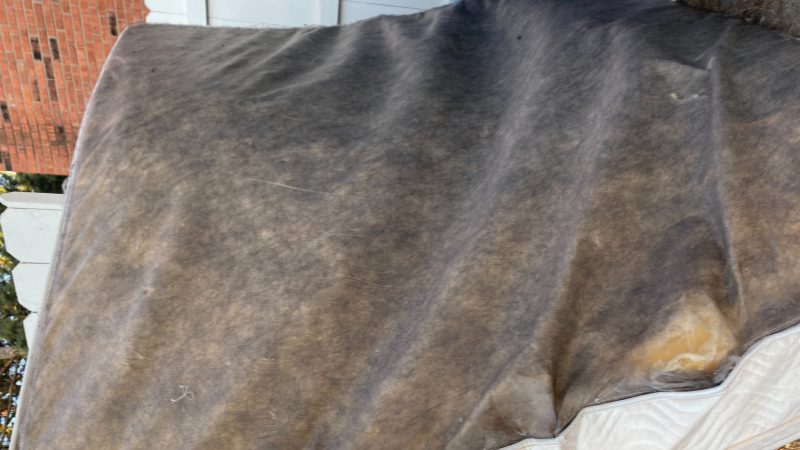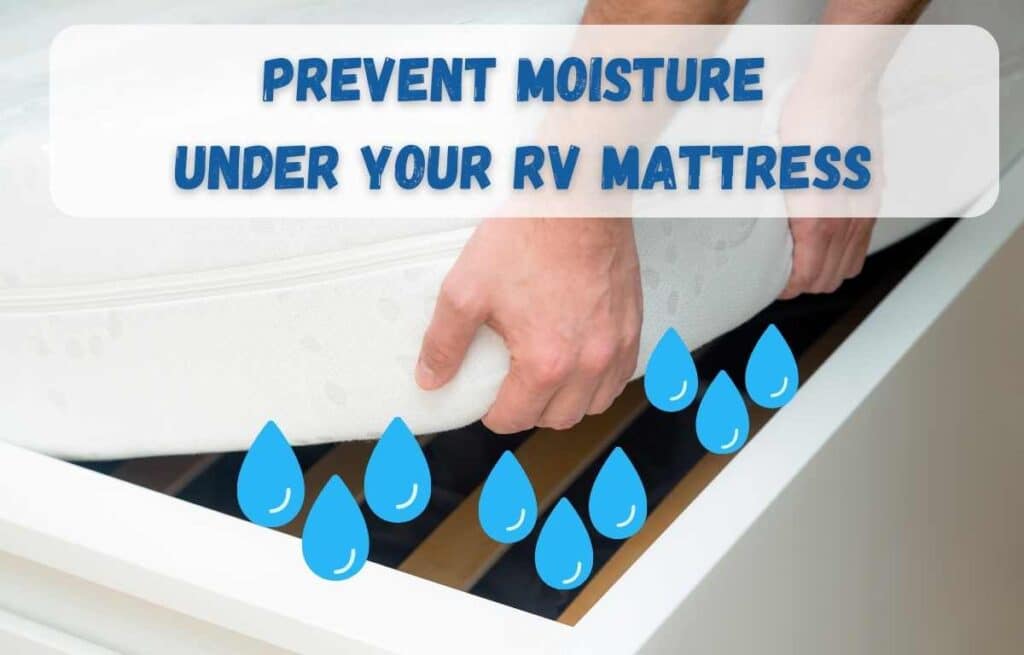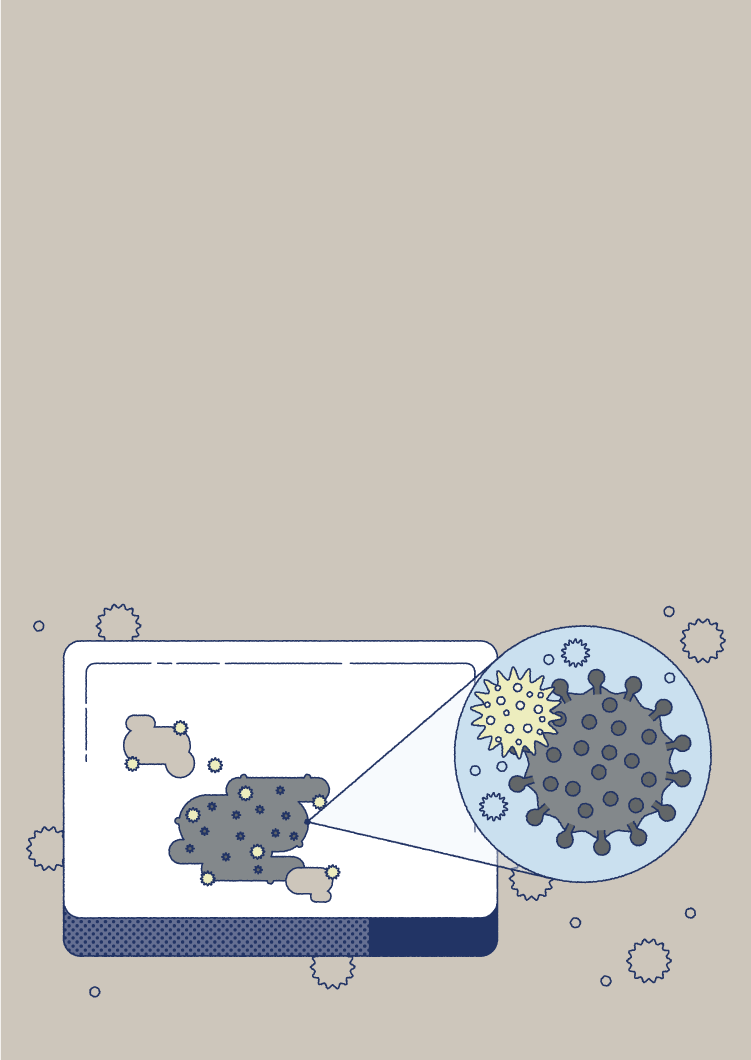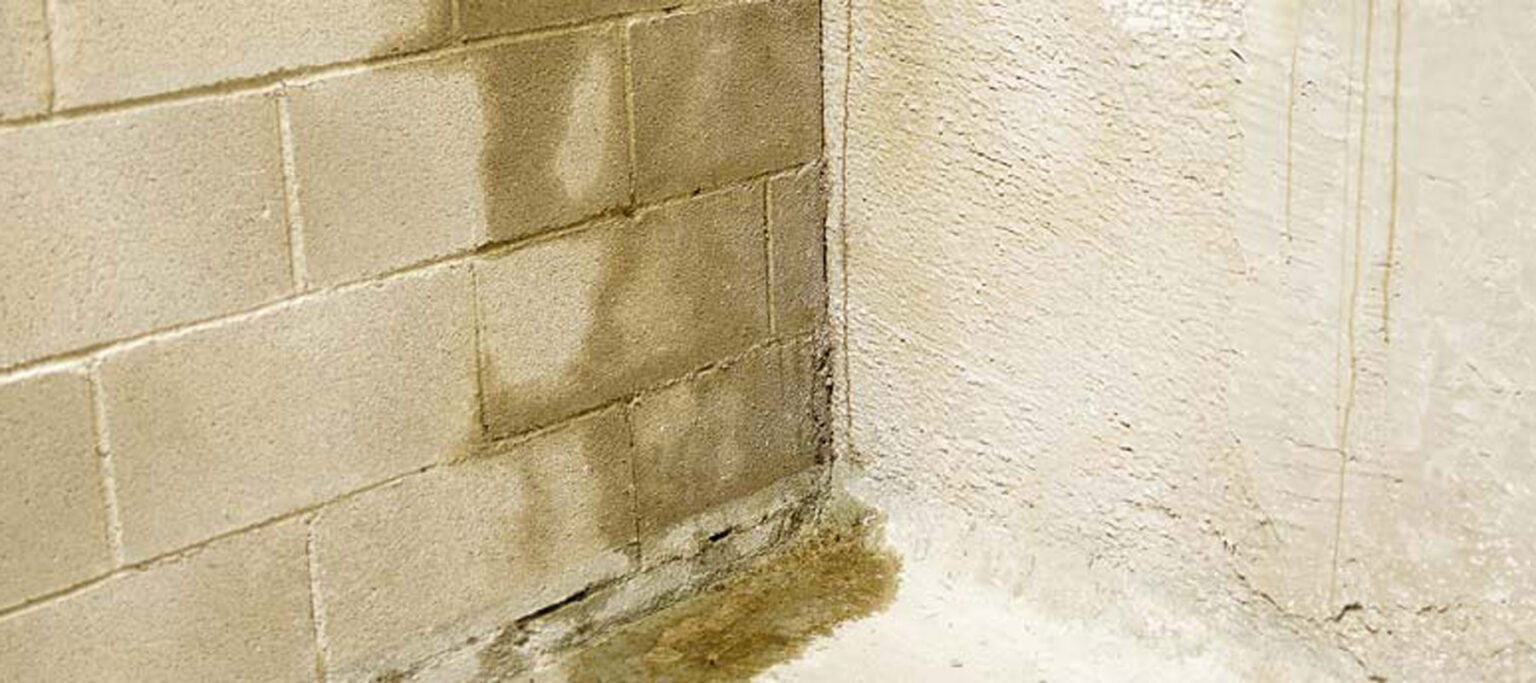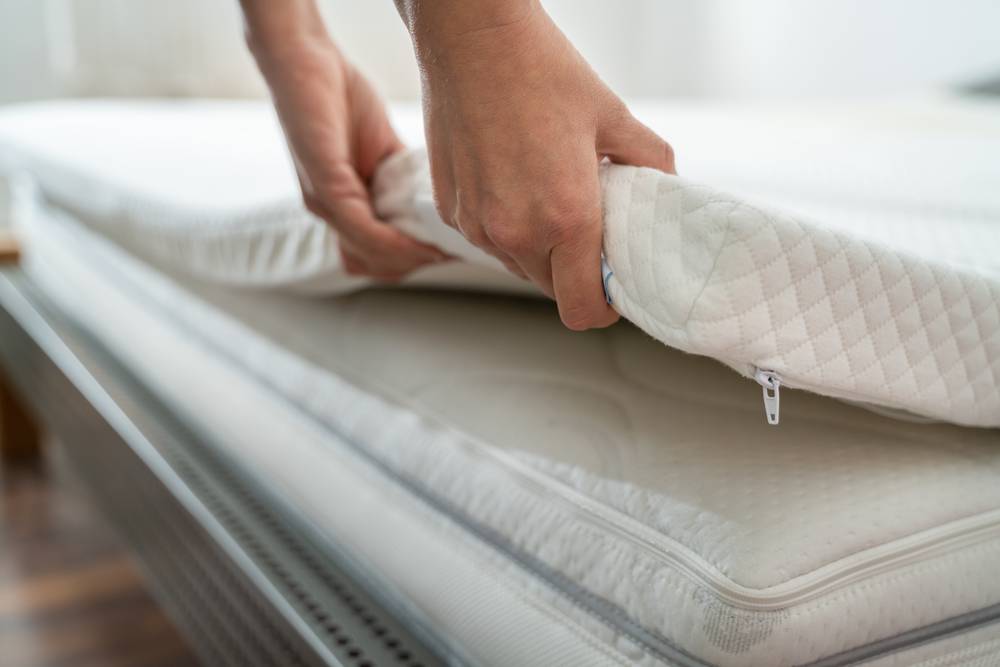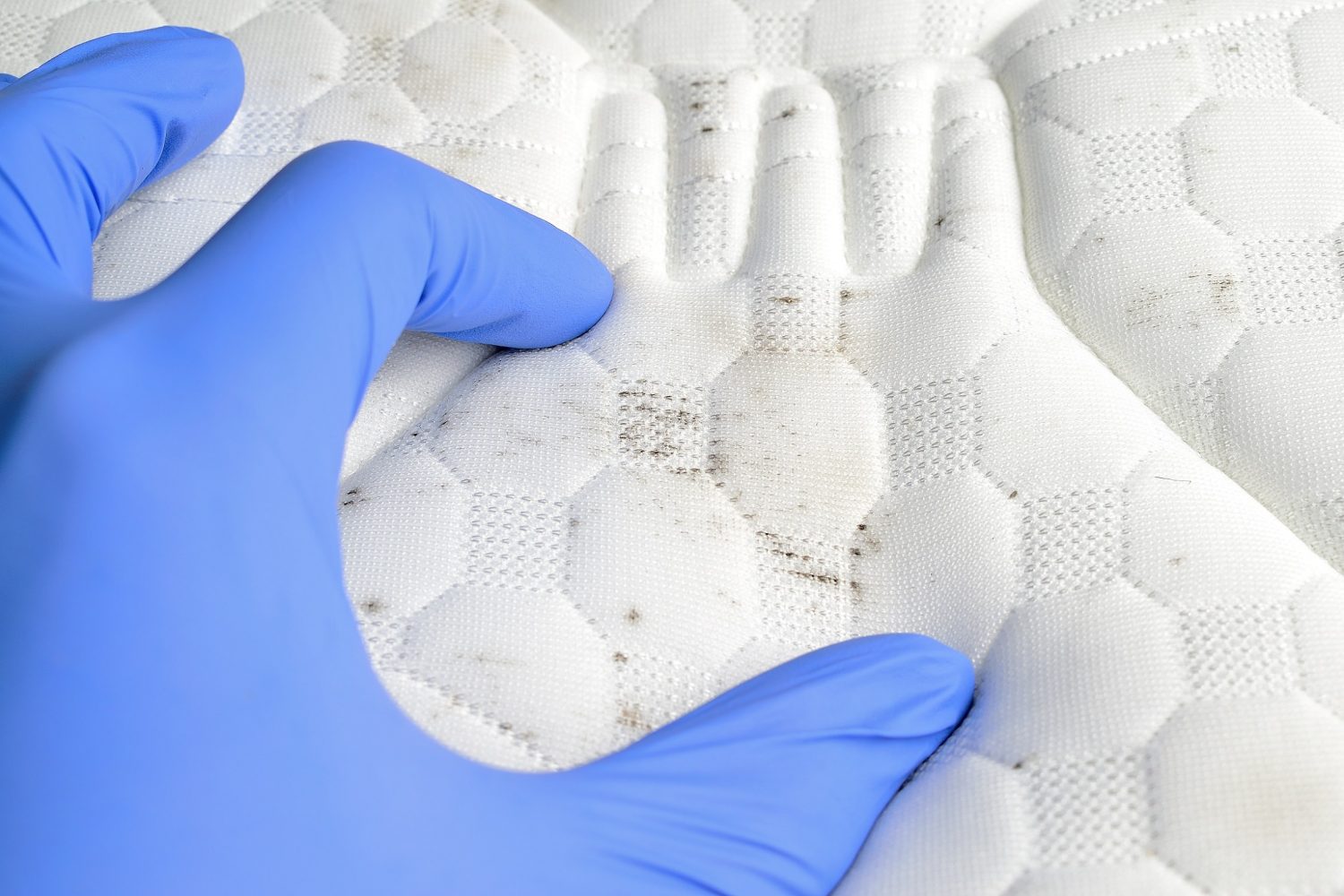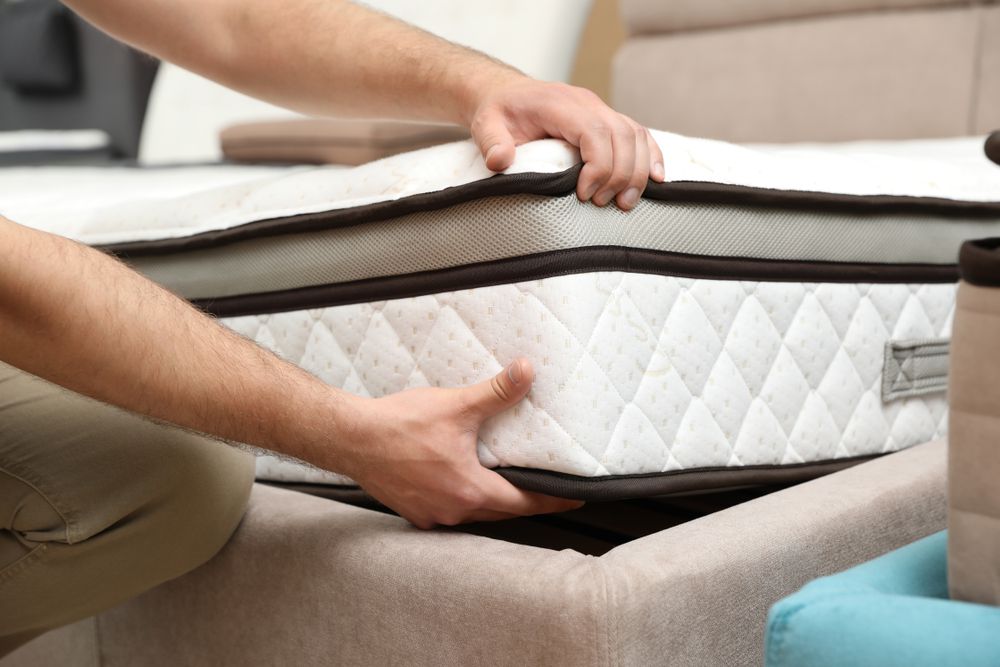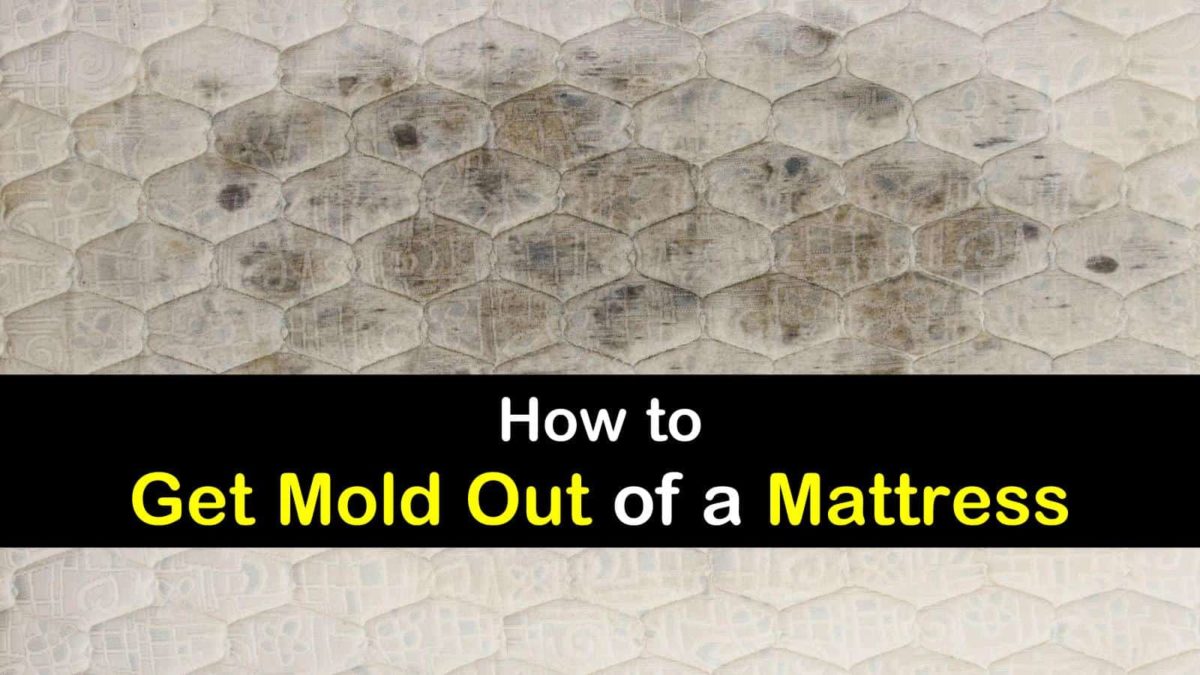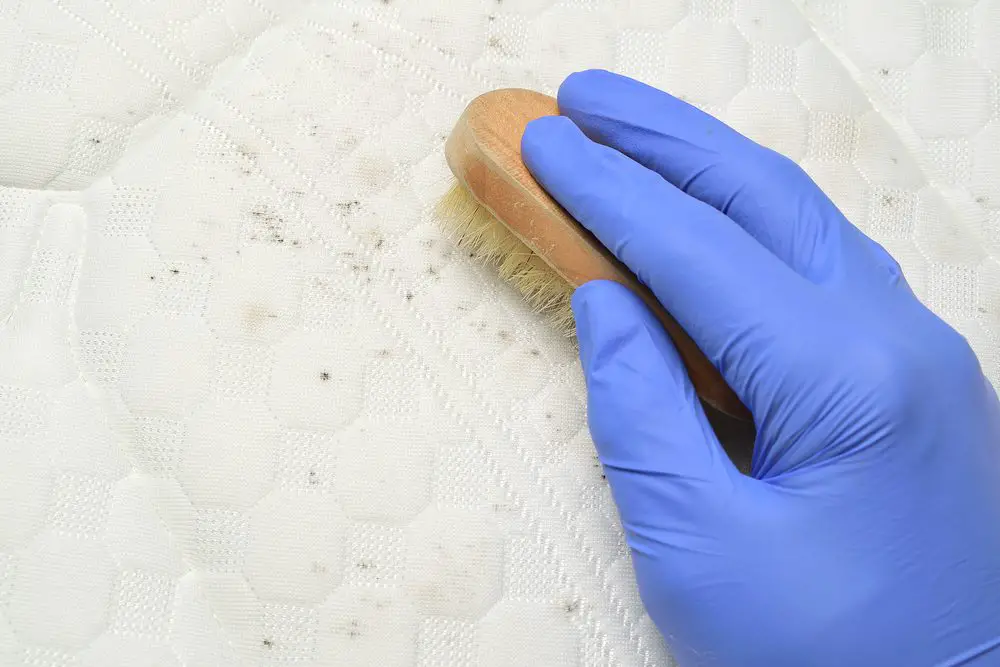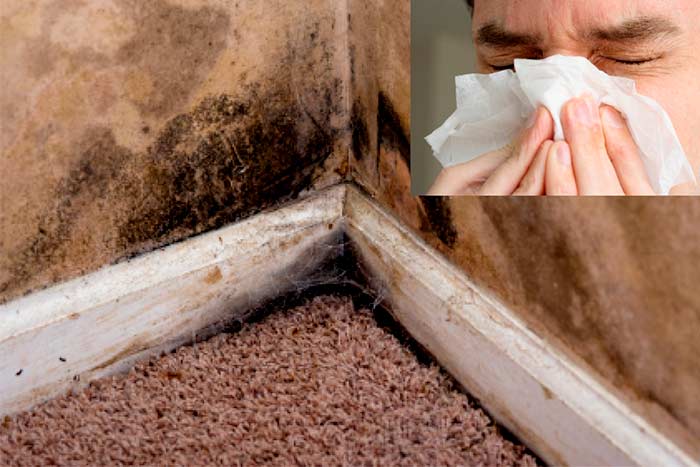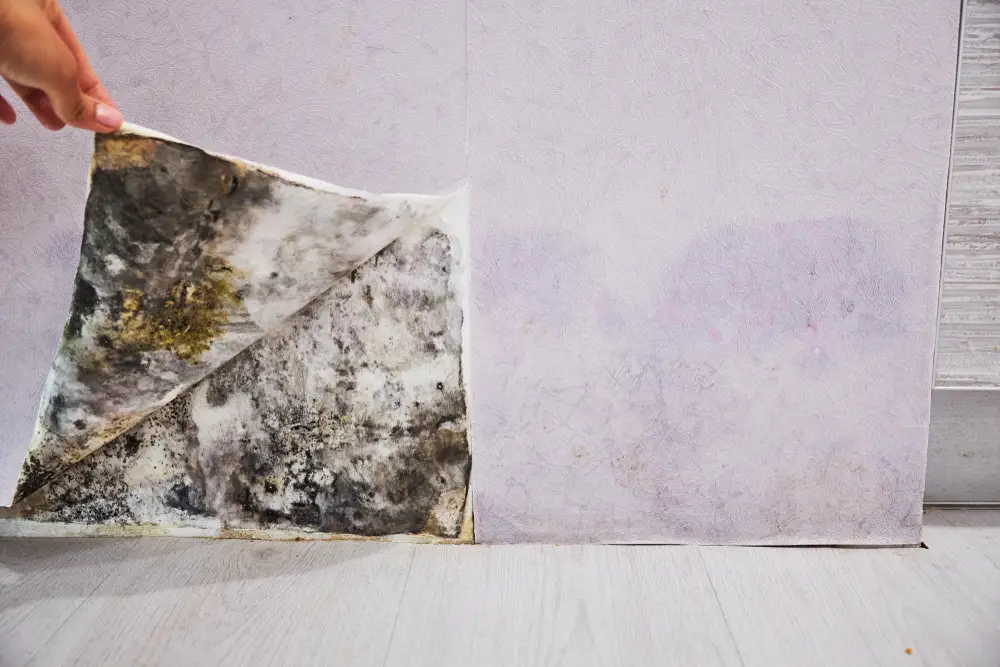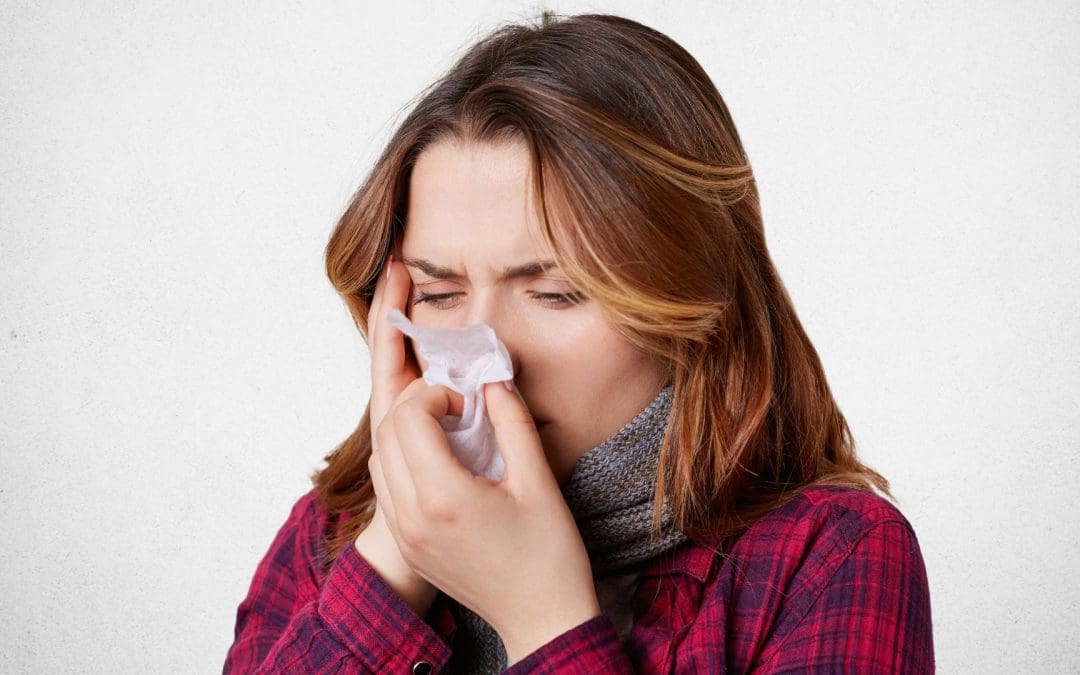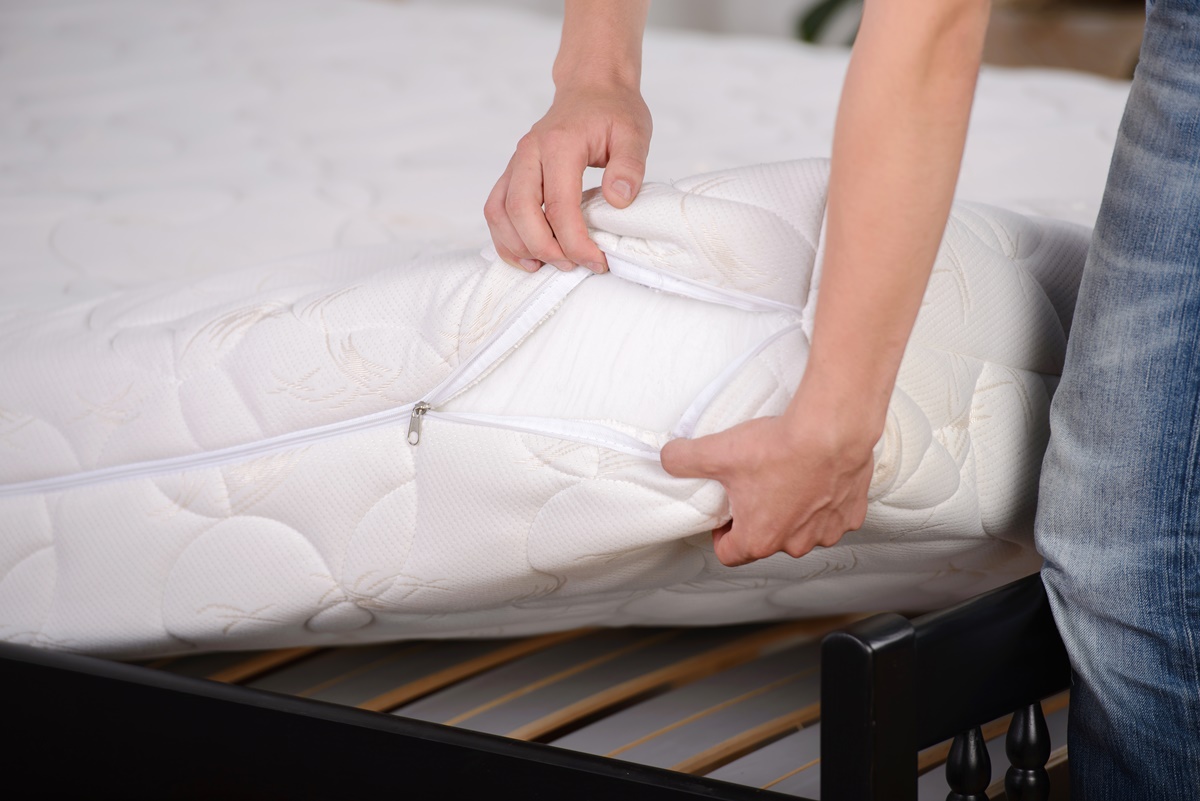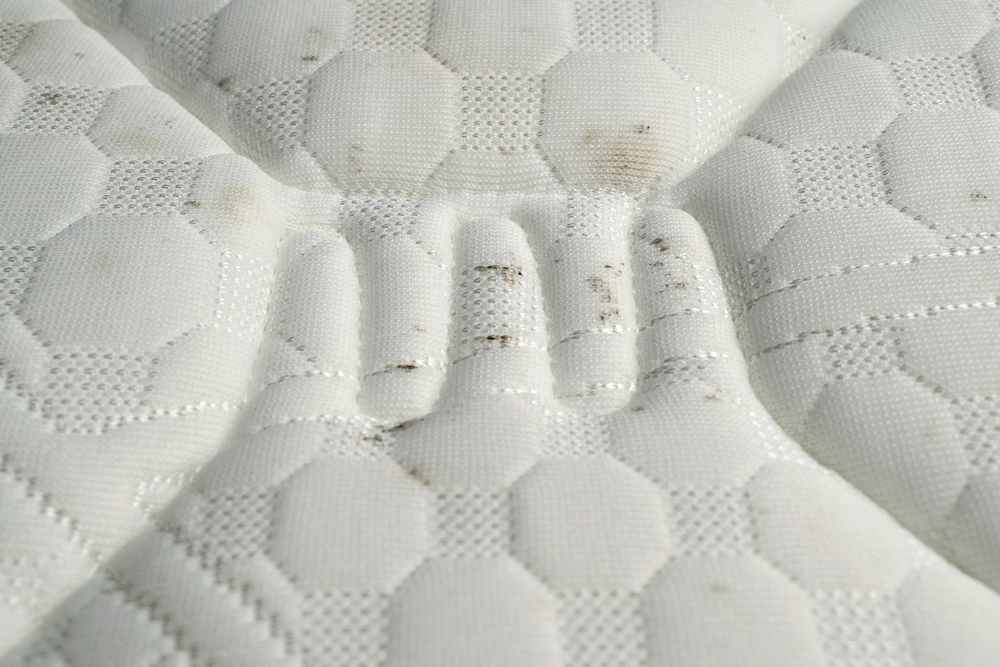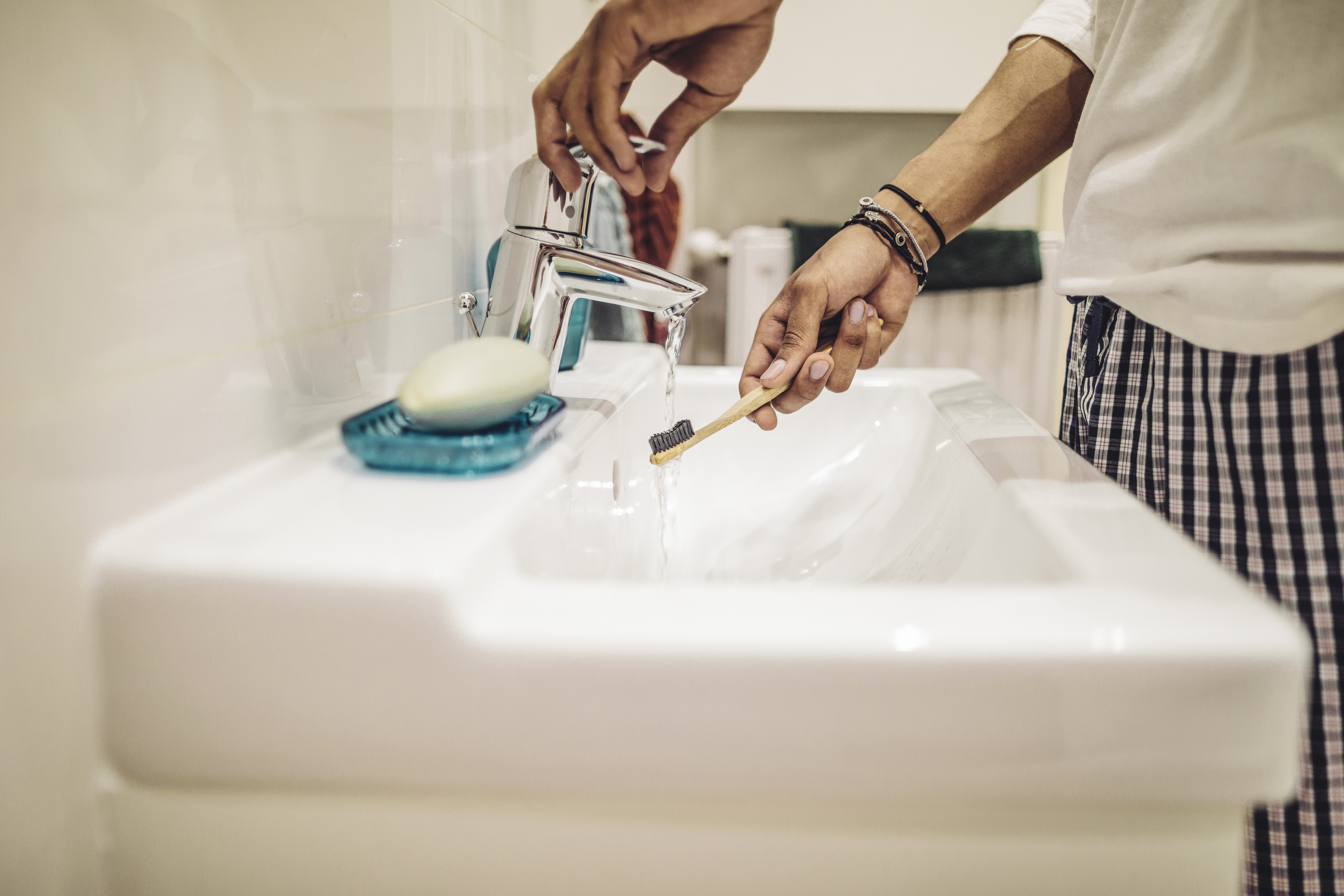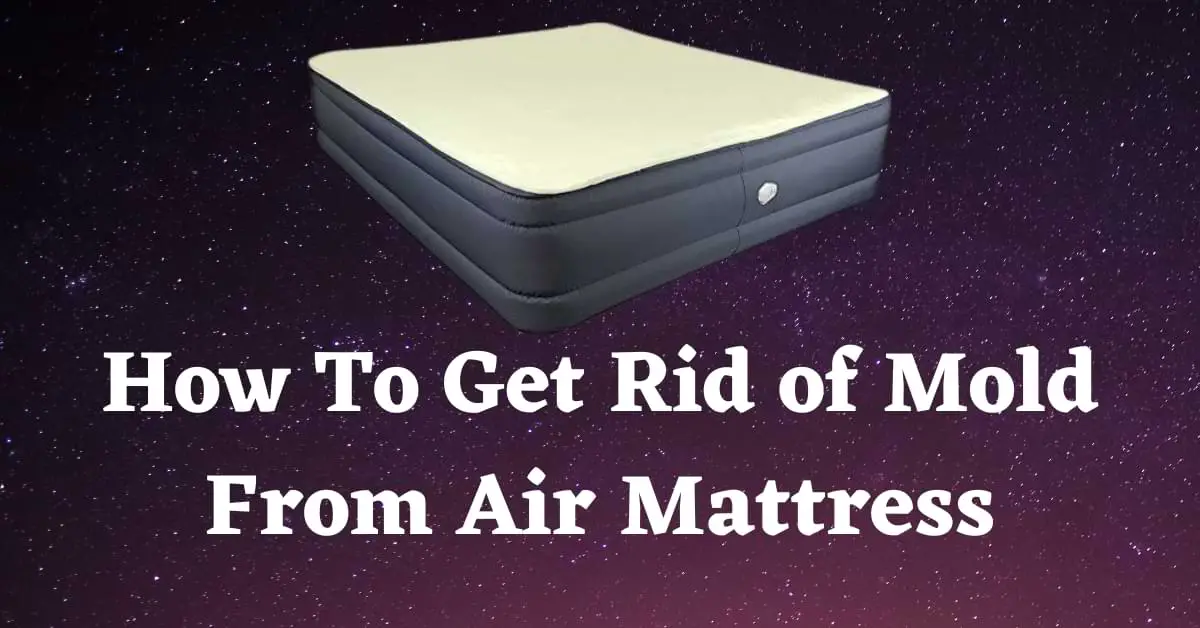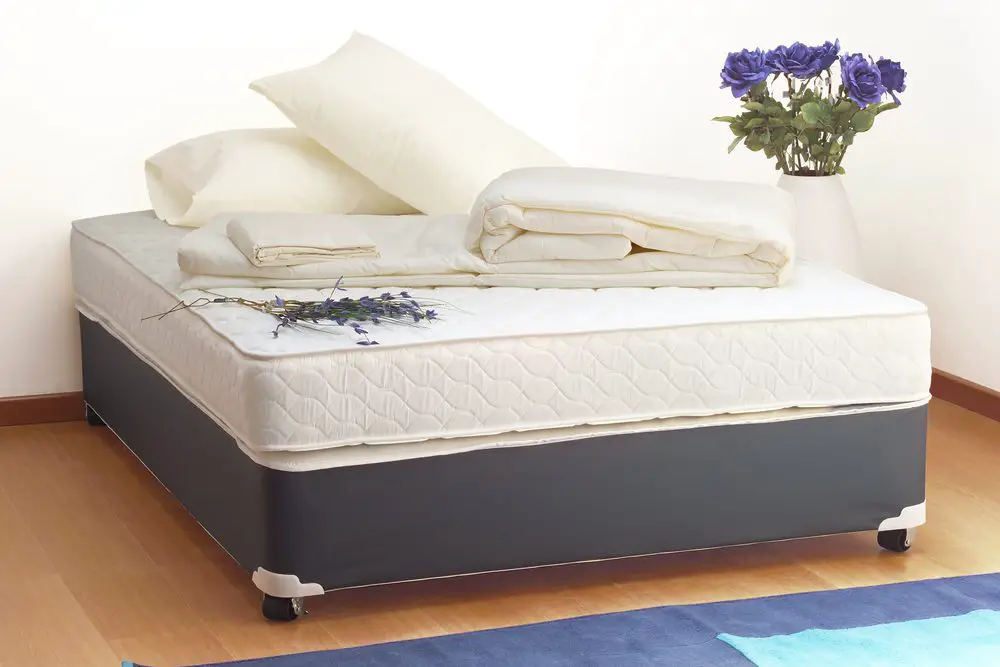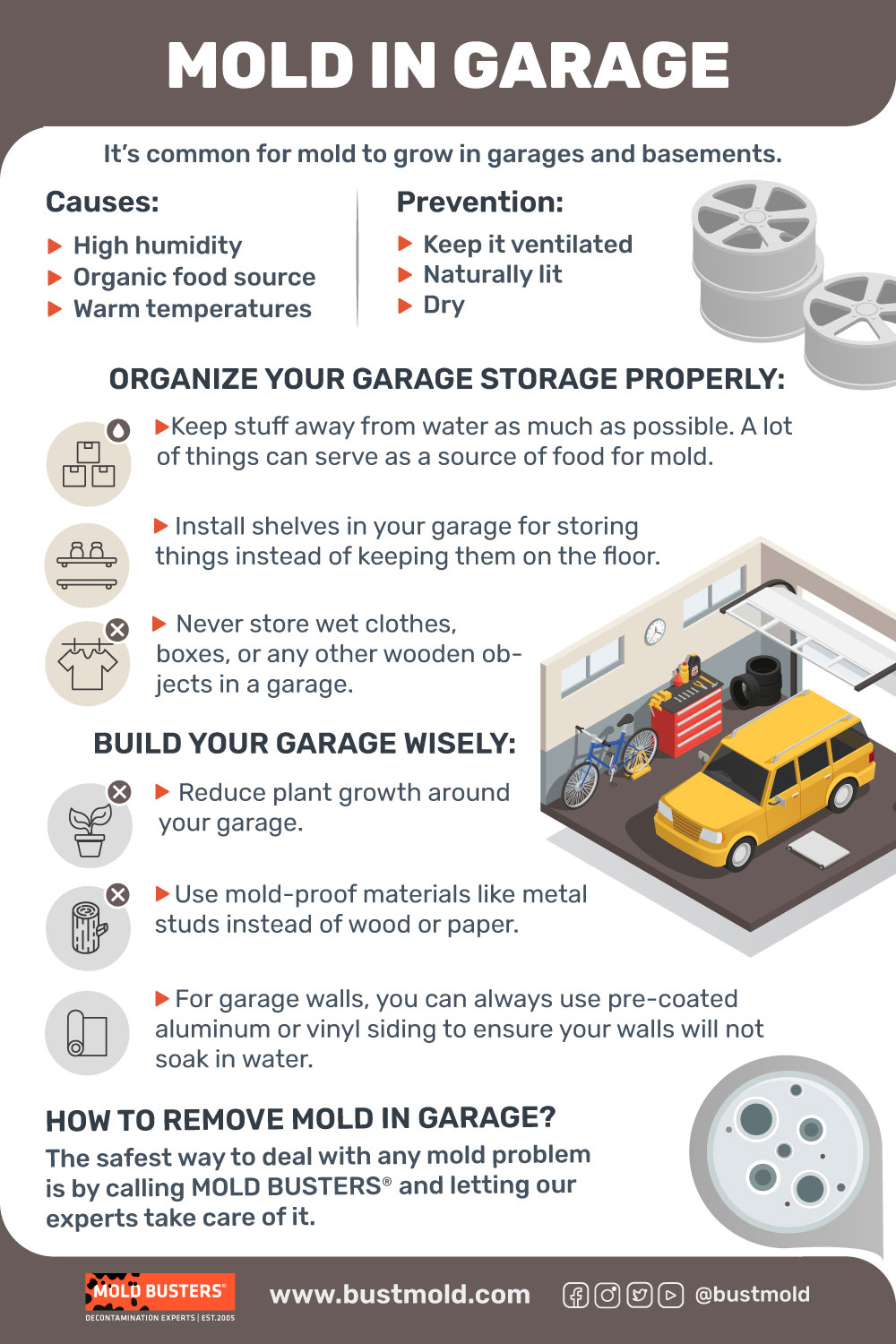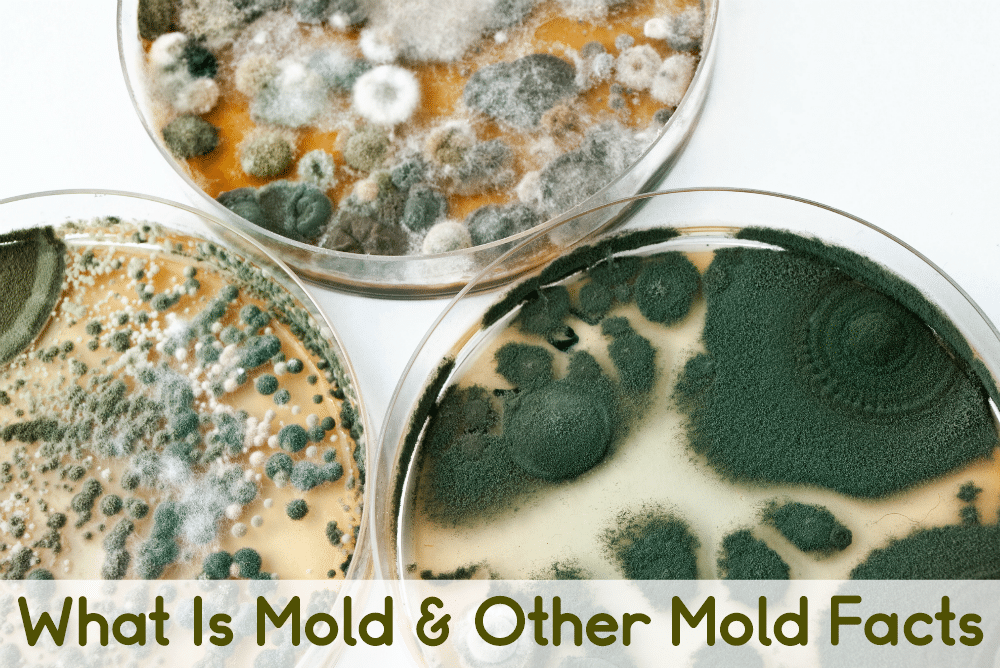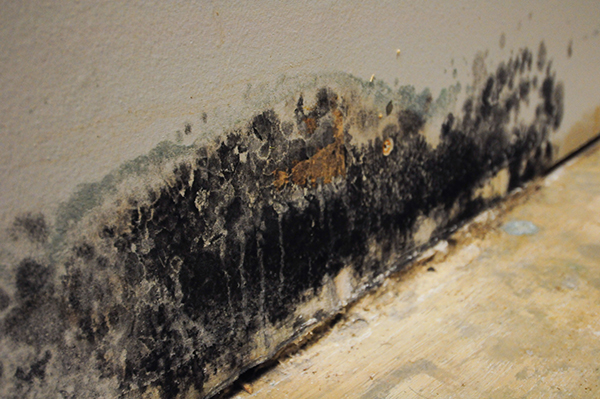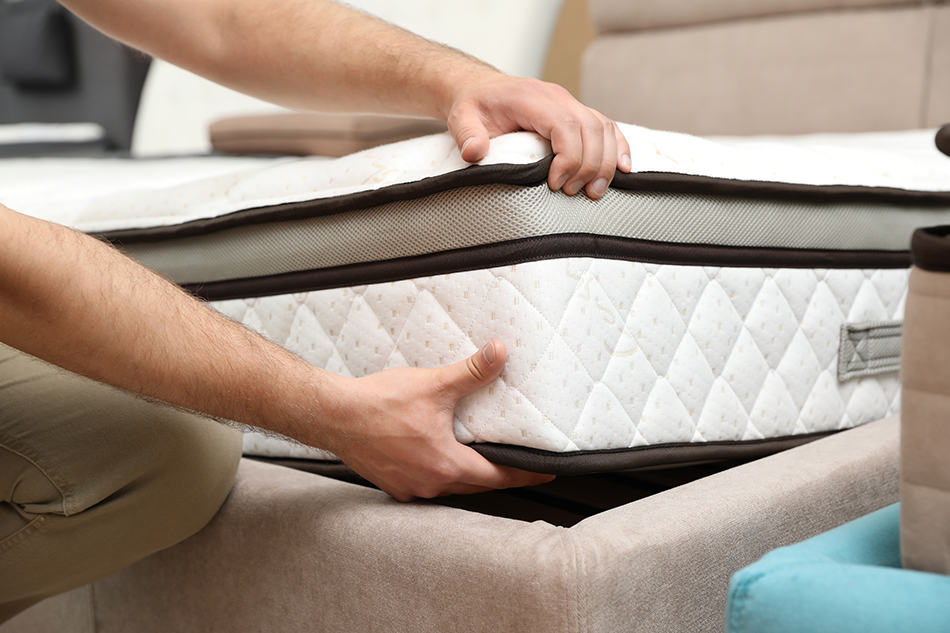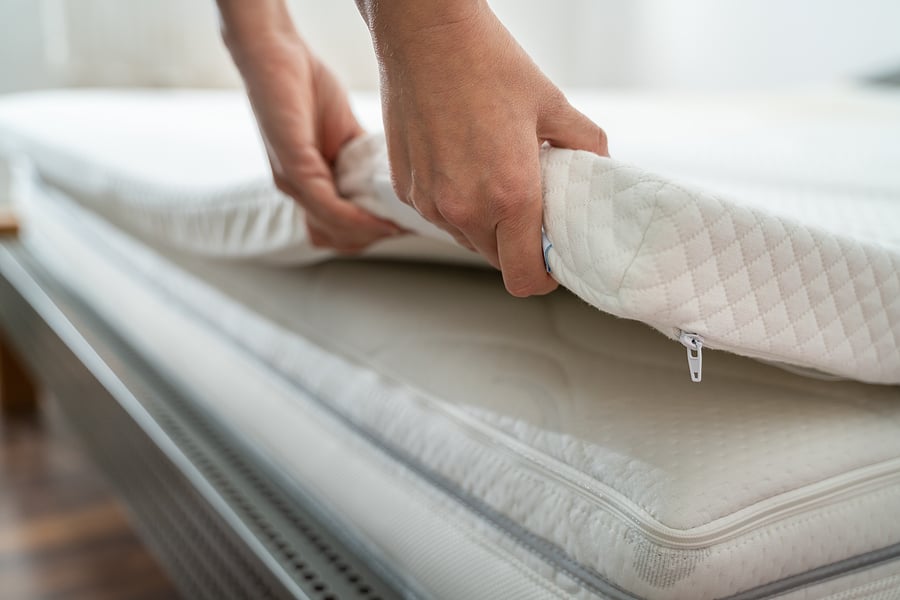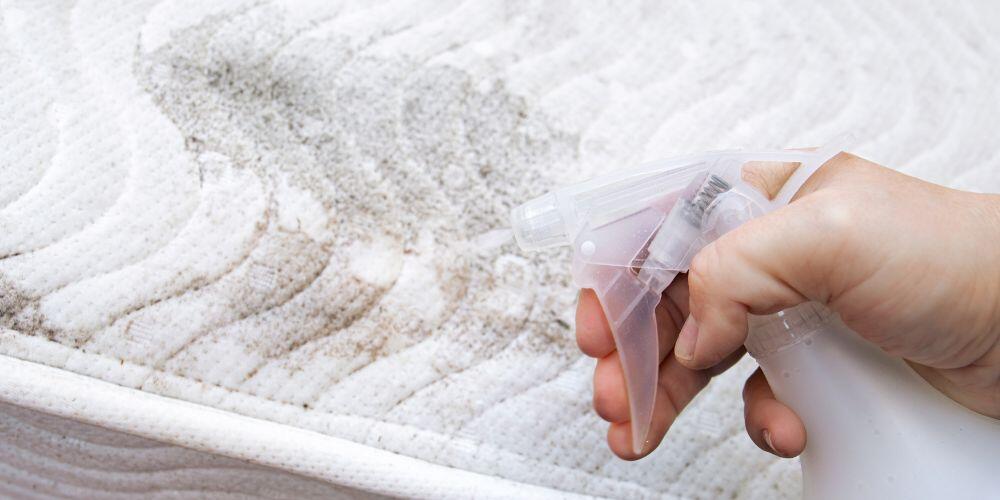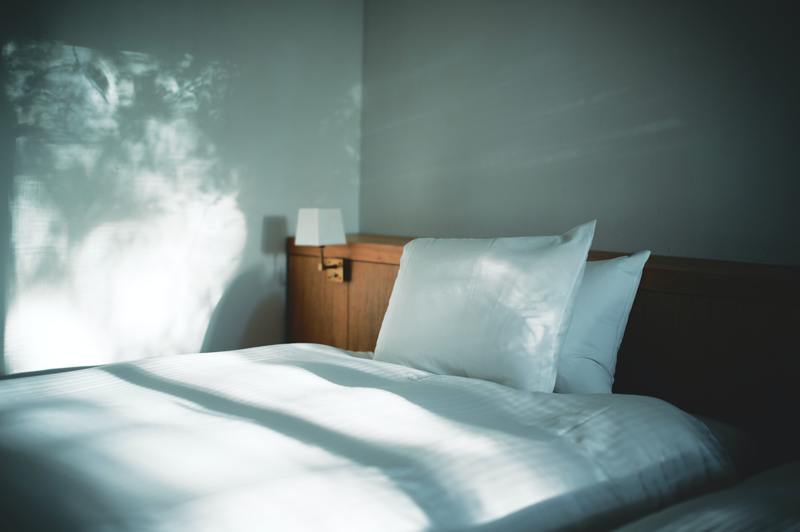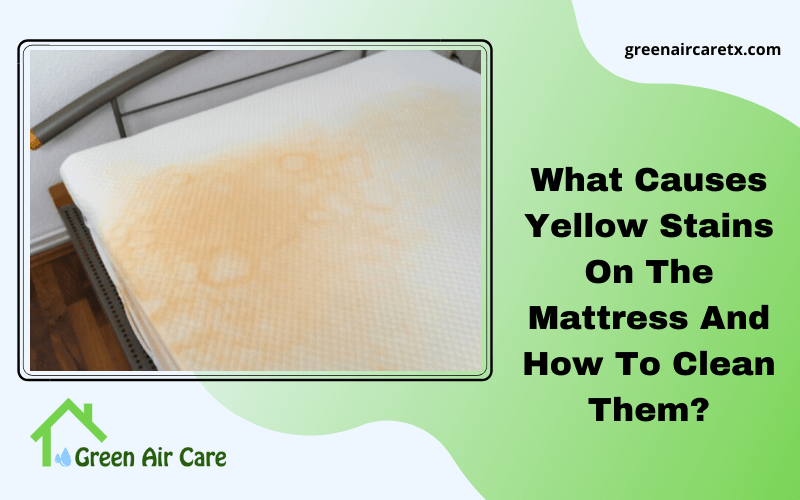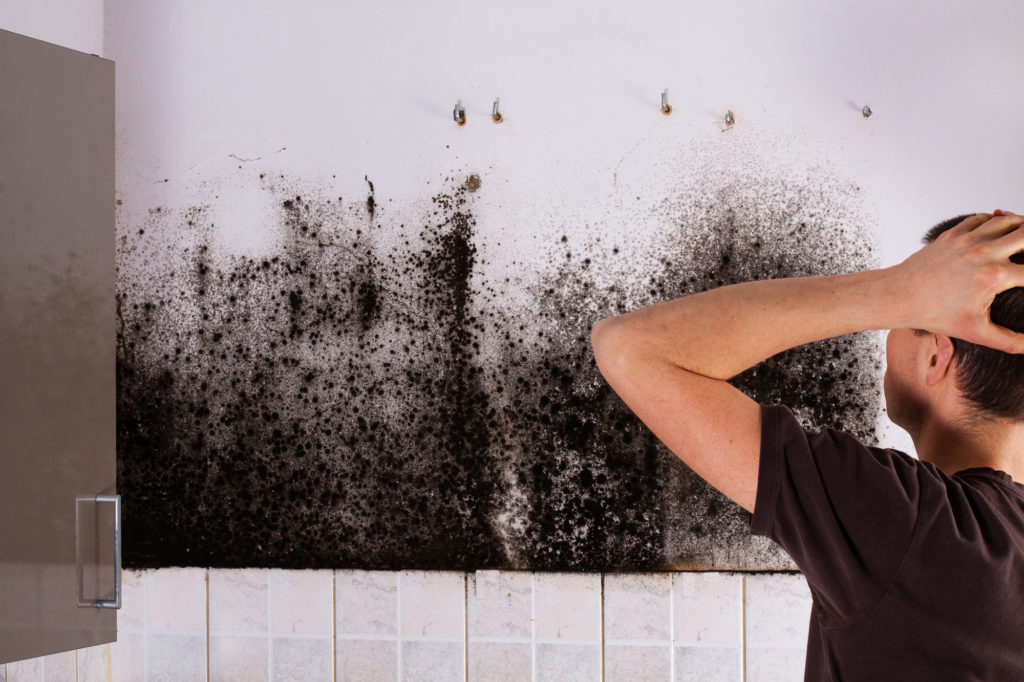Mold is a common household problem that can affect various items, including mattresses. Yes, you read that right - your beloved mattress can get moldy. And if you're wondering how that's possible, keep reading to find out more about this issue.Can a Mattress Get Moldy?
The first step in preventing mold on your mattress is understanding how it can happen. Mold thrives in damp and humid environments, making your mattress a perfect breeding ground if you don't take proper precautions. To prevent this from happening, make sure your bedroom is well-ventilated and keep your mattress clean and dry at all times.How to Prevent Mold on Your Mattress
If you suspect that your mattress might have mold, there are a few signs you can look out for. These include a musty odor, visible spores or discoloration on the surface of your mattress, and any respiratory or allergy symptoms you experience after sleeping on it.Signs of Mold on Your Mattress
If you've confirmed that your mattress has mold, the first thing you need to do is remove it from your bedroom. This will prevent the mold from spreading to other surfaces. Next, you can try to clean the mold off using natural cleaning solutions or seek professional help if the mold is extensive.What to Do if Your Mattress Has Mold
When it comes to cleaning a moldy mattress, it's crucial to avoid using harsh chemicals that can damage the fabric. Instead, opt for natural solutions such as white vinegar, baking soda, or hydrogen peroxide. These can effectively kill mold spores without causing any harm to your mattress.How to Clean a Moldy Mattress
Mold on a mattress can have adverse effects on your health, especially if you suffer from allergies or respiratory conditions. Inhaling mold spores can cause coughing, sneezing, watery eyes, and even respiratory infections. That's why it's essential to address the issue as soon as possible.Can Mold on a Mattress Make You Sick?
If cleaning the mold off your mattress doesn't work, or the mold keeps coming back, it might be time to get rid of the mattress altogether. This is especially true if your mattress is old and has a lot of wear and tear, making it more susceptible to mold growth. Invest in a new, high-quality mattress to ensure a mold-free sleeping environment.How to Get Rid of Mold on a Mattress
Mold can grow on mattresses for several reasons, including high humidity levels, poor ventilation, and spills or accidents that create a damp environment. Additionally, if you sweat a lot while sleeping, the moisture can get trapped in your mattress and promote mold growth.Why Does Mold Grow on Mattresses?
Preventing mold on your mattress involves keeping it clean and dry at all times. This includes regularly vacuuming your mattress, using a mattress cover to protect it from spills and stains, and airing it out in the sun every now and then to prevent moisture buildup.How to Keep Your Mattress Mold-Free
Apart from the reasons mentioned above, mold can also grow on your mattress due to a leaky roof, a faulty air conditioner, or a humidifier. If you notice mold on your mattress despite taking all the necessary precautions, it's essential to check for any underlying issues in your bedroom that may be contributing to the problem.What Causes Mold on a Mattress?
How to Prevent Mold in Your Mattress: Tips and Tricks
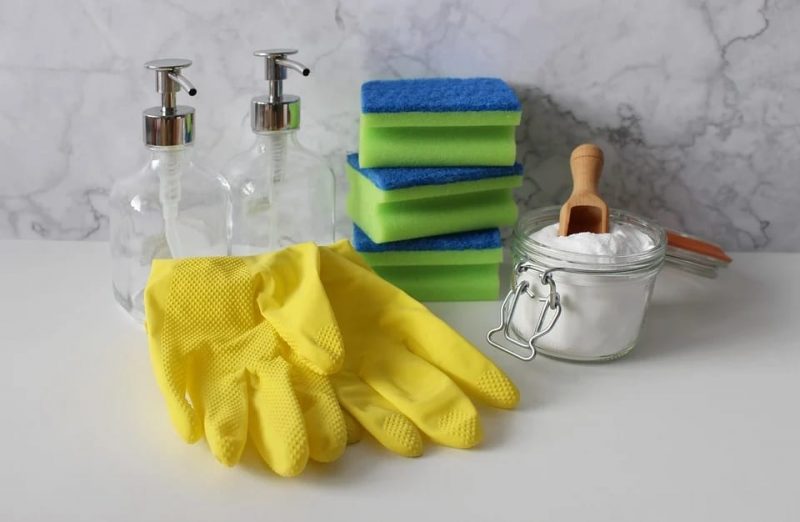
The Dangers of Mold in Your Mattress
 Mold is a common problem that can affect any household, and your mattress is no exception. Not only does it create an unpleasant musty odor, but it can also pose serious health risks. Mold thrives in warm, moist environments, making your mattress the perfect breeding ground. The presence of mold in your mattress can lead to respiratory issues, allergies, and even worsen existing health conditions.
Therefore, it is essential to take preventative measures to keep your mattress mold-free.
Mold is a common problem that can affect any household, and your mattress is no exception. Not only does it create an unpleasant musty odor, but it can also pose serious health risks. Mold thrives in warm, moist environments, making your mattress the perfect breeding ground. The presence of mold in your mattress can lead to respiratory issues, allergies, and even worsen existing health conditions.
Therefore, it is essential to take preventative measures to keep your mattress mold-free.
How Does Mold Form in Your Mattress?
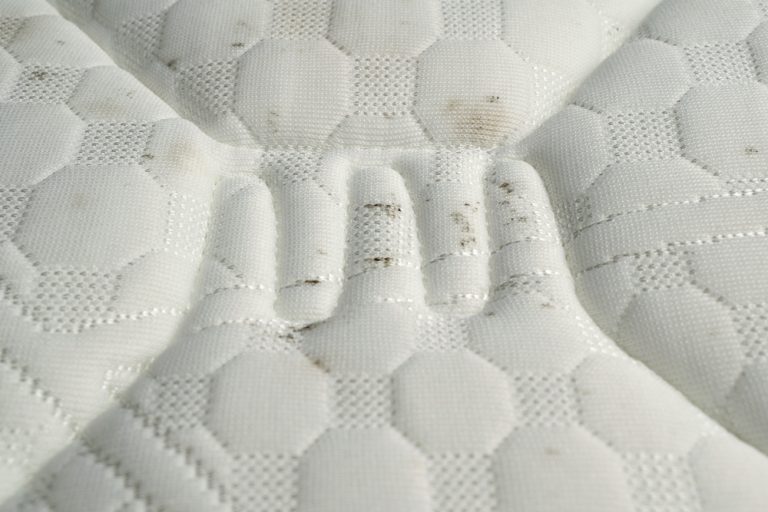 Mold needs three things to grow: moisture, warmth, and a food source. Unfortunately, all three of these conditions can easily be found in your mattress. Our bodies produce heat and sweat while we sleep, creating a warm and humid environment. This, combined with any spills, accidents, or moisture from the air, can create the perfect conditions for mold to thrive.
Additionally, any organic material, such as dead skin cells, can serve as a food source for mold.
Mold needs three things to grow: moisture, warmth, and a food source. Unfortunately, all three of these conditions can easily be found in your mattress. Our bodies produce heat and sweat while we sleep, creating a warm and humid environment. This, combined with any spills, accidents, or moisture from the air, can create the perfect conditions for mold to thrive.
Additionally, any organic material, such as dead skin cells, can serve as a food source for mold.
Tips to Prevent Mold in Your Mattress
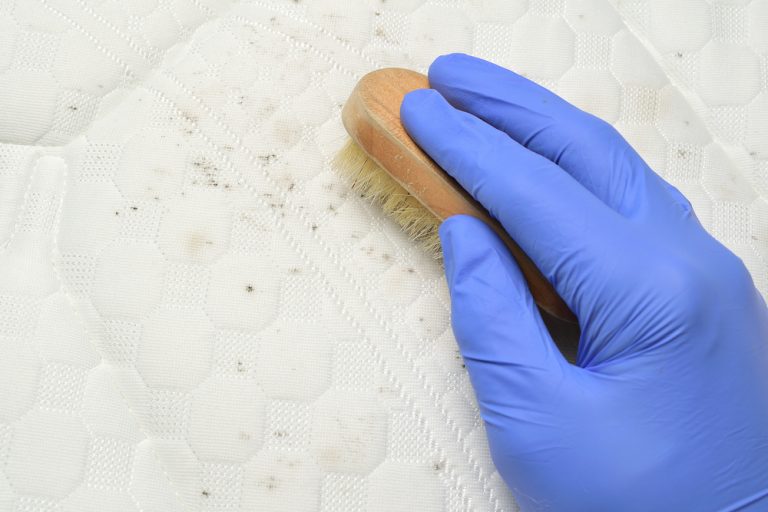 1. Invest in a Waterproof Mattress Protector
One of the best ways to protect your mattress from moisture is by using a waterproof mattress protector. These covers act as a barrier between your body and the mattress, preventing sweat, spills, and accidents from seeping into the mattress and creating a perfect breeding ground for mold.
2. Keep Your Bedroom Well-Ventilated
Proper airflow is crucial in preventing mold growth. Make sure to open your windows and allow fresh air to circulate in your bedroom. This will help reduce the humidity levels and prevent moisture from accumulating in your mattress.
3. Wash Your Bedding Regularly
Your bedding can also contribute to mold growth in your mattress. Make sure to wash your sheets, pillowcases, and duvet covers in hot water at least once a week. This will help kill any mold spores and prevent them from spreading to your mattress.
4. Flip and Rotate Your Mattress
Flipping and rotating your mattress regularly can help prevent mold growth. This will ensure that moisture and body heat are evenly distributed, reducing the chances of mold forming in one specific area.
5. Keep Your Mattress Clean
Regularly vacuuming and spot cleaning your mattress can help prevent mold growth. Use a mild detergent and warm water to spot clean any spills or stains immediately.
Make sure to completely dry the area to prevent moisture from getting trapped in the mattress.
1. Invest in a Waterproof Mattress Protector
One of the best ways to protect your mattress from moisture is by using a waterproof mattress protector. These covers act as a barrier between your body and the mattress, preventing sweat, spills, and accidents from seeping into the mattress and creating a perfect breeding ground for mold.
2. Keep Your Bedroom Well-Ventilated
Proper airflow is crucial in preventing mold growth. Make sure to open your windows and allow fresh air to circulate in your bedroom. This will help reduce the humidity levels and prevent moisture from accumulating in your mattress.
3. Wash Your Bedding Regularly
Your bedding can also contribute to mold growth in your mattress. Make sure to wash your sheets, pillowcases, and duvet covers in hot water at least once a week. This will help kill any mold spores and prevent them from spreading to your mattress.
4. Flip and Rotate Your Mattress
Flipping and rotating your mattress regularly can help prevent mold growth. This will ensure that moisture and body heat are evenly distributed, reducing the chances of mold forming in one specific area.
5. Keep Your Mattress Clean
Regularly vacuuming and spot cleaning your mattress can help prevent mold growth. Use a mild detergent and warm water to spot clean any spills or stains immediately.
Make sure to completely dry the area to prevent moisture from getting trapped in the mattress.
In Conclusion
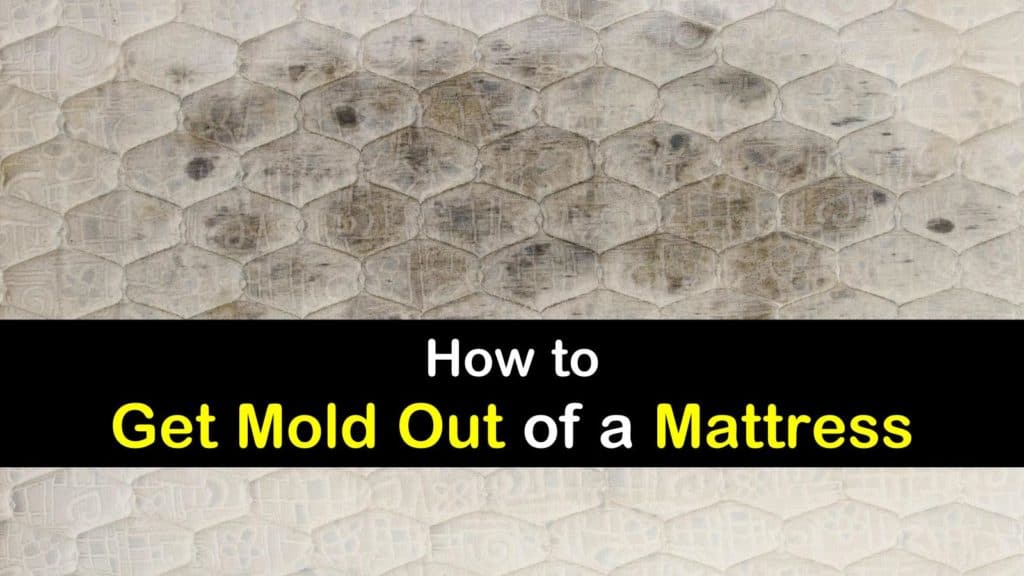 Mold in your mattress can lead to various health risks and should be taken seriously. By following these tips, you can prevent mold from forming and keep your mattress clean and safe for a better night's sleep. Remember to
regularly inspect your mattress for any signs of mold and take immediate action if you notice any.
With proper care and maintenance, you can ensure that your mattress remains mold-free for years to come.
Mold in your mattress can lead to various health risks and should be taken seriously. By following these tips, you can prevent mold from forming and keep your mattress clean and safe for a better night's sleep. Remember to
regularly inspect your mattress for any signs of mold and take immediate action if you notice any.
With proper care and maintenance, you can ensure that your mattress remains mold-free for years to come.



